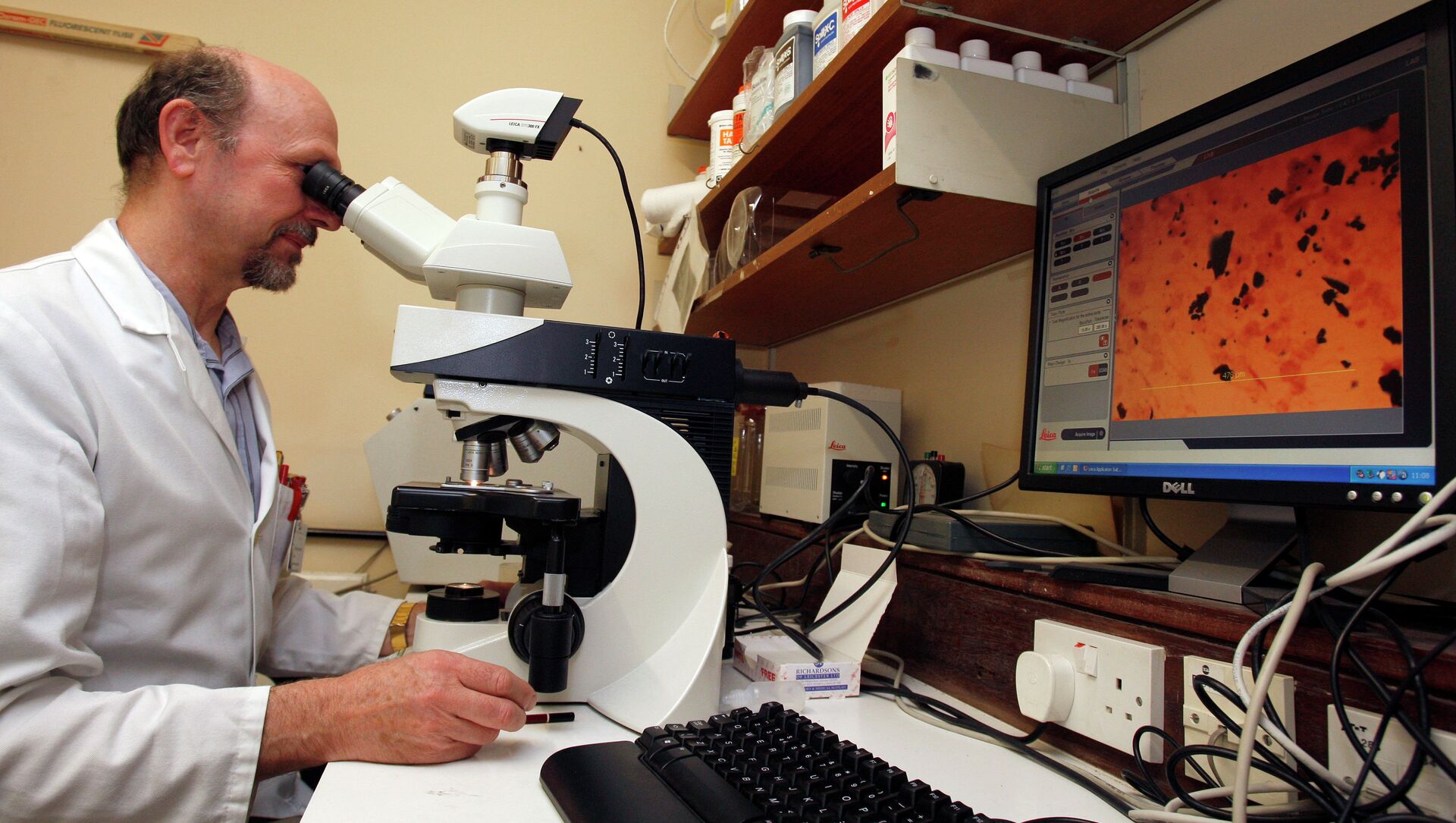It is uncertain whether humans will be able to reach Mars, but if they do, they could populate it, claims a group of Japanese scientists. According to their study, which was published on 11 June in the journal Science Advances, mouse sperm that spent around three years on board the International Space Station was not damaged by cosmic radiation.
Not only was the mouse sperm unharmed, scientists used it to successfully fertilise mouse ovary eggs on Earth. The mothers gave birth to 168 healthy pups. All of them had a normal appearance and there were no abnormalities in their genes.
According to the study, the sperm of mammals can survive in space for 200 years without damage to the DNA.
"The results of X-ray irradiation experiments on the ground showed that freeze-dried sperm can withstand up to 30 Gy. Freeze-dried sperm can [still] produce the next generation when irradiated with up to 30 Gy of X-rays", said Sayaka Wakayama from the University of Yamanashi.
The scientists say further research will shed light on the effects of radiation on life forms spending long stretches of time in space.



